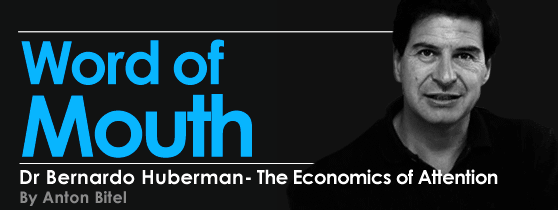Social media has become one of the best ways to build an online profile as a freelancer working within the media industry. It can be a useful method of getting traffic through to your website or ProductionBase profile and getting exposure that you wouldn’t necessarily achieve through other avenues. Plus, it enables freelancers to connect with other like-minded professionals to share experiences and advice, as well as job leads. Here are a few tips on how to make the most of marketing yourself through the successful social media platforms Twitter, Facebook and LinkedIn.

Twitter can be a great connection point between freelancers and potential clients, as social media platforms like twitter have provided not only easier access to production companies but an easy way of keeping your clients up-to-date regularly. The real advantage of Twitter is that as there is a limited amount of characters, it is quick and easy to keep track of the issues and opportunities arising within the media industry in a short period of time. Here are a few tips on how to make the most of your twitter account:

